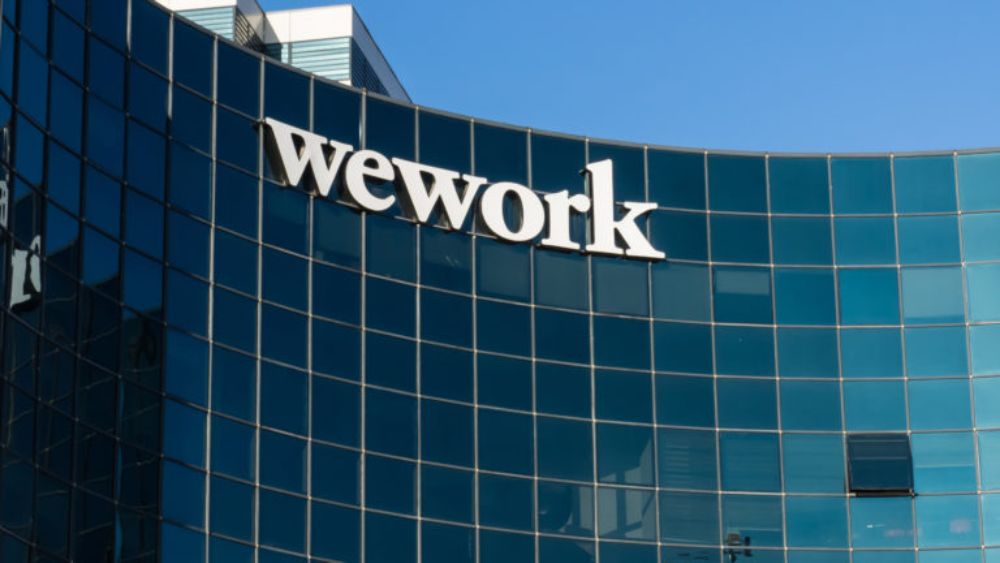Adam Neumann, the former CEO of WeWork, is reportedly making moves to repurchase the flexible workspace provider, which filed for bankruptcy in November. Neumann, who shot to fame by transforming WeWork into a cultural and business phenomenon, was ousted from the company amidst controversy. However, in recent months, he has been actively working towards acquiring the now-bankrupt business.

Sources familiar with the matter revealed that Neumann’s new real estate company, Flow Global, has been actively pursuing the acquisition of WeWork or its assets, in addition to providing bankruptcy financing to sustain its operations. Neumann’s efforts to repurchase the company have been further bolstered by the support of hedge fund mogul Dan Loeb, whose hedge fund Third Point is reportedly poised to help finance the transaction.

DealBook was the first to report on this development, stating that Neumann’s lawyers sent a letter to WeWork on Monday, outlining their intention to acquire the company. The letter disclosed that Flow Global has already raised $350 million from venture capital firm Andreessen Horowitz and reiterated Loeb’s involvement in financing the proposed transaction.

However, Flow Global’s legal team, led by Alex Spiro of Quinn Emanuel, expressed frustration with WeWork’s alleged lack of cooperation, accusing the company of stonewalling their efforts for months. In a scathing statement, Spiro’s team criticized WeWork for its failure to engage in what they perceive as a value-maximizing transaction for all stakeholders involved.
This latest development adds another twist to WeWork’s tumultuous journey. Over its 14-year history, WeWork became synonymous with venture capital excess, growing rapidly and attaining a staggering paper valuation of $47 billion. Backed by billions from the Japanese tech giant SoftBank, Neumann positioned WeWork as a platform to “elevate the world’s consciousness.”

However, WeWork’s fortunes took a downturn when it failed to go public in 2019, primarily due to investor concerns about its business model and corporate governance. Subsequently, the company faced challenges and sought to renegotiate leases and cut costs to stay afloat. Despite these efforts, WeWork ultimately filed for bankruptcy in November, revealing more than $4 billion in secured debt and major creditors, including SoftBank.
At a recent court hearing, concerns were raised about WeWork’s financial viability, with lawyers for landlords and others expressing doubts about the company’s ability to meet its financial obligations, including rent payments.

Some experts have speculated that WeWork could be sold for a fraction of its outstanding debt, potentially as low as $500 million. However, the prospect of Neumann’s bid to repurchase the company has added another layer of complexity to WeWork’s ongoing restructuring efforts.
As the saga continues to unfold, stakeholders are closely watching the developments, eager to see how Neumann’s bid to reclaim WeWork will shape the future of the once high-flying company.
